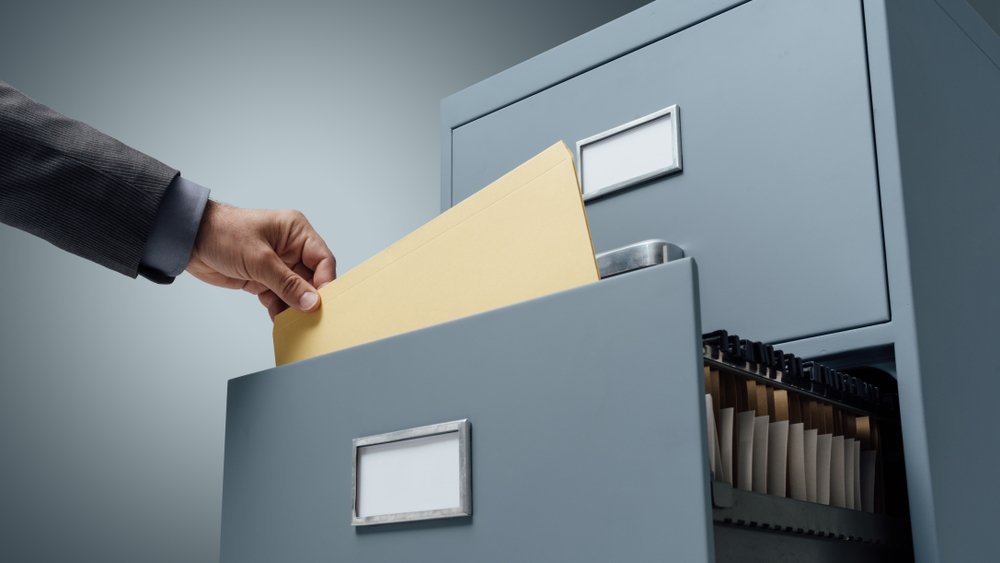
How Long Do You Have to Keep Records for HMRC?
Maintaining accurate and comprehensive records ensures compliance with HMRC regulations and helps avoid potential penalties or issues with tax assessments.
Maintaining accurate and comprehensive records is a crucial aspect of managing your tax affairs. Her Majesty's Revenue and Customs (HMRC) has specific requirements regarding the length of time you must keep these records. This article provides an in-depth look at these requirements, the reasons behind them, and what to do if your records are lost or stolen.
Why You Need to Keep Your Records for HMRC
HMRC requires individuals and businesses to keep detailed records to ensure that all tax returns are accurate and verifiable. These records serve several important purposes:
Evidence of Income and Expenses: Records provide proof of your income and expenses, helping to ensure that your tax return is accurate.
Compliance: Keeping records is a legal requirement. Failure to maintain proper records can result in penalties.
Support for Claims: If you claim any deductions, reliefs, or allowances, you must have records to support these claims.
HMRC Investigations: In the event of an HMRC enquiry or investigation, your records will be essential in providing the necessary documentation to support your tax filings.
How Long to Keep Records for HMRC?
The length of time you need to keep records depends on the type of taxpayer you are and the nature of your income. Here are the general guidelines:
Self-Employed Individuals and Partnerships:
You must keep your records for at least five years after the 31 January submission deadline of the relevant tax year.
For example, if you file your 2022/23 tax return online by 31 January 2024, you must keep your records until at least the end of January 2029.
Limited Companies:
Companies must keep records for six years from the end of the last company financial year they relate to.
If you submit a late company tax return, you must keep the records for six years from the date you file the return.
Employers:
Employers must keep PAYE records for three years after the end of the tax year to which they relate.
Capital Gains Tax:
Records relating to assets you own must be kept for at least one year after the Self Assessment deadline for the tax year in which you disposed of the asset. However, it’s advisable to keep these records for as long as you own the asset and for at least six years after disposing of it.
VAT:
If you are registered for VAT, you must keep VAT records for six years.
What Happens if Your Records are Lost or Stolen?
If your records are lost, stolen, or destroyed, you must take the following steps:
Reconstruct Records: Do your best to reconstruct the lost records. This may involve contacting your bank for copies of statements, asking suppliers and customers for copies of invoices, and using any digital records you have.
Inform HMRC: Notify HMRC as soon as possible, explaining the situation. If you cannot replace the records, you should use the best available estimates for your tax return.
Estimated and Provisional Figures:
Estimated Figures: These are your best guesses when actual figures cannot be provided. You must state that these are estimates and why.
Provisional Figures: These are temporary figures you use while you wait for actual figures. You must provide actual figures as soon as possible.
Keeping Paper vs. Digital Records
HMRC accepts both paper and digital records, but there are some key considerations for each:
Paper Records:
Must be well-organized and stored securely to prevent damage or loss.
You should have a backup plan, such as photocopies or scanned digital copies, in case of physical damage or loss.
Digital Records:
Must be stored in a format that can be easily accessed and read. Digital records can include scanned copies of paper documents, emails, and digital files from accounting software.
It is crucial to ensure that digital records are backed up regularly to prevent loss due to technical failures.
Compliance with HMRC’s Making Tax Digital (MTD) requirements, which mandate digital record-keeping and submissions for VAT-registered businesses and, in the future, for other types of taxes.
Penalties for Not Keeping Records
Failing to keep accurate records can result in significant penalties:
Fixed Penalty: HMRC can impose a fixed penalty if you fail to keep adequate records.
Tax Assessment: Without proper records, HMRC may make a tax assessment based on estimates, which can result in higher tax liabilities.
Increased Penalties: If HMRC believes that inadequate record-keeping was deliberate, penalties can be increased.
Conclusion
Keeping accurate and comprehensive records is essential for complying with HMRC requirements and ensuring that your tax returns are correct. Whether you are self-employed, run a limited company, or are registered for VAT, understanding how long you need to keep your records and the importance of maintaining them properly can save you from potential penalties and issues with HMRC. Always ensure you have both paper and digital copies of your records where possible and notify HMRC immediately if any records are lost or stolen.
Other HMRC Articles
Can I Get a Copy of my P45 from HMRC?
Can I Get a Copy of my P60 from HMRC?
Do I Need to Declare Cash Gifts to HMRC UK?
Do I Need to Notify HMRC of Savings Interest?
How Far Back Can HMRC Investigate?
How Long Do You Need to Keep Records for HMRC?
How to Change Address with HMRC

Need to File your Self Assessment?
Our team of tax specialists are here to help you every step of the way, from registering for self assessment to submitting your tax return. We offer fixed priced accountancy services and handle all of your self assessment filing responsibilities leaving you stress free and up to date.
Whether you have income acting as a sole trader or are looking to start a business, give us a call today for a free non obligated consultation to see how we can assist you.
